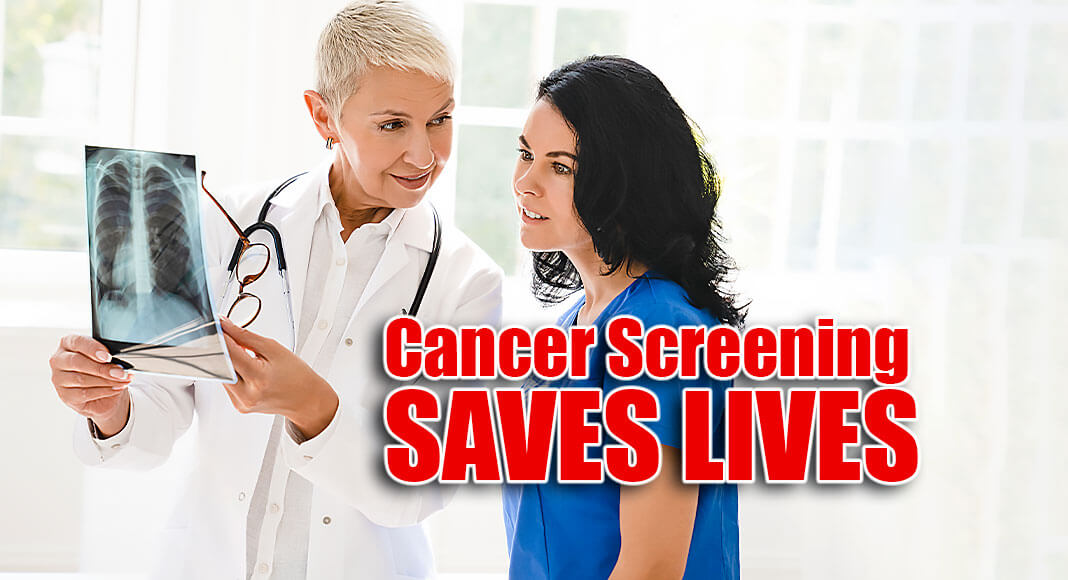
Mega Doctor News
CDC supports screening for breast, cervical, colorectal (colon), and lung cancers as recommended by the U.S. Preventive Services Task (USPSTF).
Screening means checking your body for cancer before you have symptoms. Getting screening tests regularly may find breast, cervical, and colorectal (colon) cancers early, when treatment is likely to work best. Lung cancer screening is recommended for some people who are at high risk.
Breast Cancer
Mammograms are the best way to find breast cancer early, when it is easier to treat and before it is big enough to feel or cause symptoms.
Learn more about screening for breast cancer.
Cervical Cancer
The Pap test can find abnormal cells in the cervix which may turn into cancer. The HPV test looks for the virus (human papillomavirus) that can cause these cell changes. Pap tests also can find cervical cancer early, when the chance of being cured is very high.
Learn more about screening for cervical cancer.
Colorectal (Colon) Cancer
Colorectal cancer almost always develops from precancerous polyps (abnormal growths) in the colon or rectum. Screening tests can find precancerous polyps, so they can be removed before they turn into cancer. Screening tests also can find colorectal cancer early, when treatment works best.
Learn more about screening for colorectal cancer.
Lung Cancer
The USPSTF recommends yearly lung cancer screening with low-dose computed tomography (LDCT) for people who have a history of heavy smoking, and smoke now or have quit within the past 15 years, and are between 50 and 80 years old.
Learn more about screening for lung cancer.
Screening for Other Kinds of Cancer
Screening for ovarian, pancreatic, prostate, testicular, and thyroid cancers has not been shown to reduce deaths from those cancers. The USPSTF found insufficient evidence to assess the balance of benefits and harms of screening for bladder cancer and oral cancer in adults without symptoms, and of visual skin examination by a doctor to screen for skin cancer in adults.
Information Source: CDC











